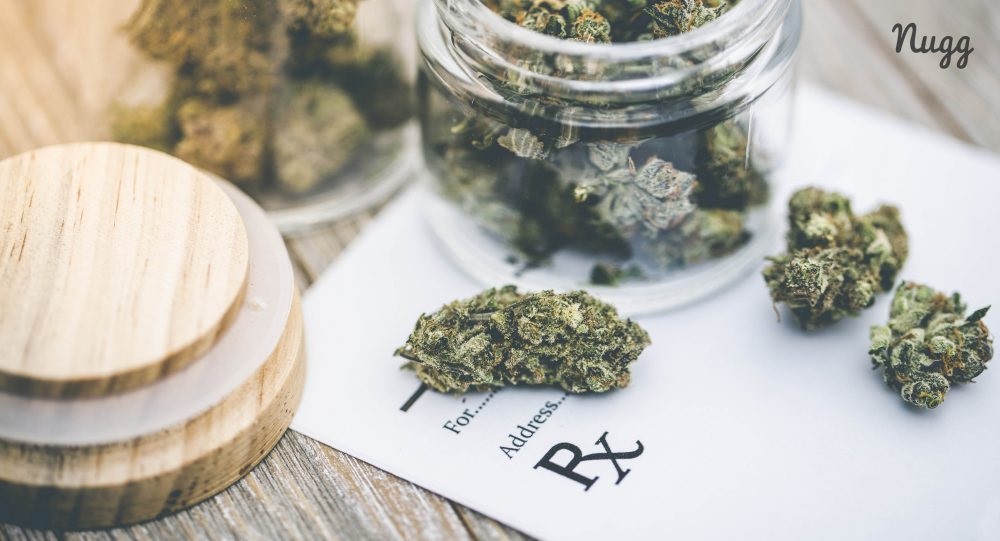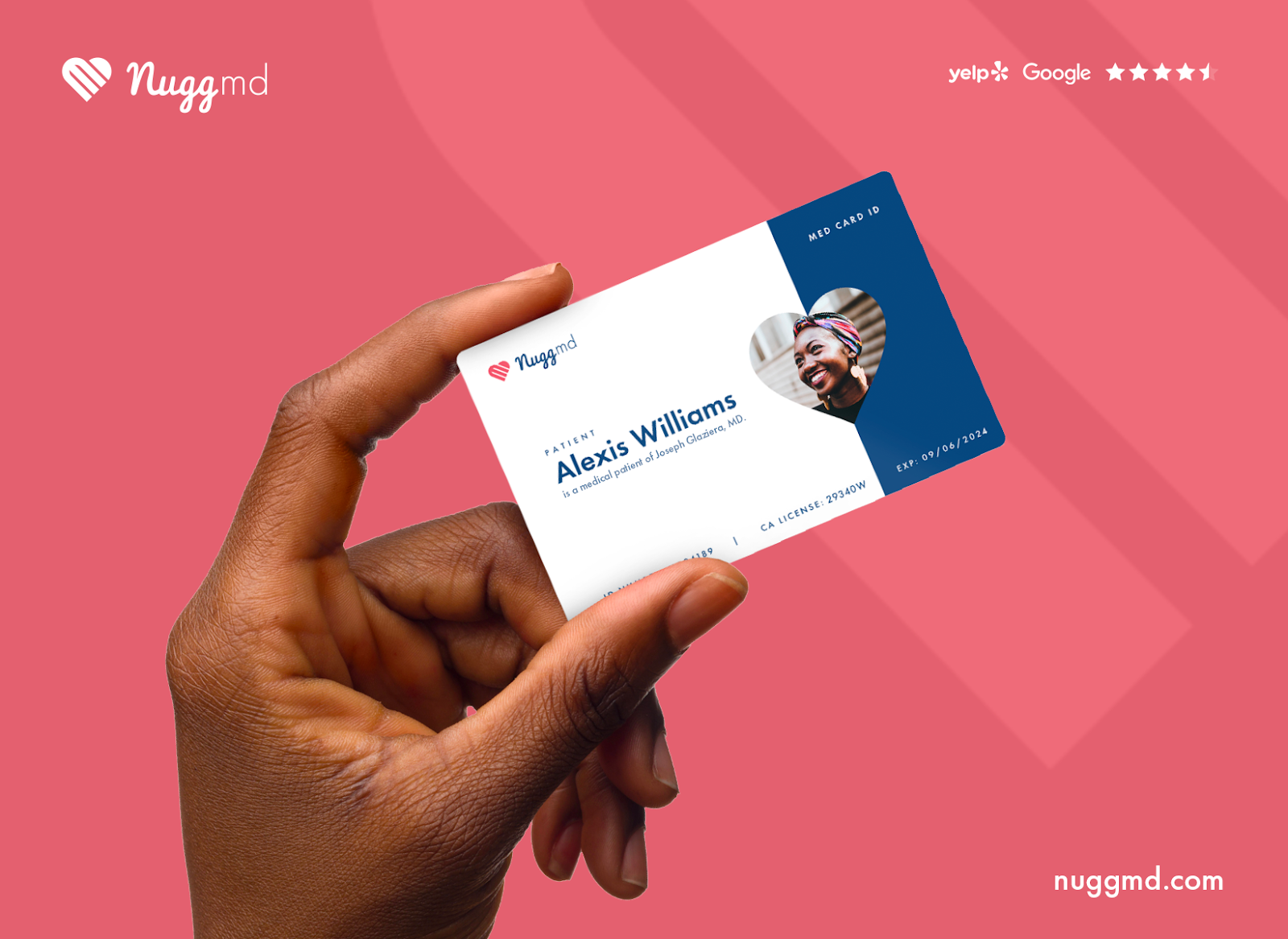
A concussion is a type of traumatic brain injury (TBI) that affects brain function. More specifically, it is a mild or minor traumatic brain injury (mTBI) caused by a blow to the head or any hit to the body that causes the head and brain to shake rapidly back and forth.
There is a long history documenting the occurrences of concussions. The first reports of concussions were made by Persian physician, Rhazes, in the 10th century.1 Although the injury was continuously observed and studied, the seriousness of the condition first came to the limelight in 1906 when an increase in head injuries was linked to American football.2
The mTBI is frequently associated with impact sports but is generally considered relatively common. One study surveyed a group of adults in which 87% had experienced at least two concussions in their lifetime.3 The injury is not life-threatening, but the effects can be severe. Repeated concussions can lead to chronic traumatic encephalopathy (CTE), which can cause issues like memory loss and impaired judgment, and eventually leads to progressive dementia.
A recent study was done by Monash University which found that repeated concussions can cause the skull to thicken. The theory is that thickening occurs in response to repeated blows, causing the body to attempt to better protect the brain from further damage.
What Causes Concussions?
Concussions are caused by blows to the head or bodily hits that cause the head and brain to shake rapidly back and forth. They are commonly associated with high-impact sports like football, boxing, or hockey but can happen to anyone at any age. Concussions are most commonly caused by falls, but statistics may be slightly skewed since many concussions go unreported.
Concussion Signs & Symptoms
If you are experiencing a concussion, you may experience one or more of the following symptoms:
- Headaches or pressure in the head
- Nausea or vomiting
- Dizziness, double vision, blurry vision, or balance problems
- Sensitivity to light or noise
- Sluggishness, haziness, brain fog, or memory problems
- Generally feeling unwell
Post Concussion Syndrome (PCS) is when symptoms from a concussion last beyond the expected recovery period, sometimes lasting months.
While concussions are not the result of previous medical complications, repeated concussions can lead to CTE and other medical complications,4 including:
- Dementia
- Alzheimer's disease
- Parkinson disease
- Other movement disorders
Second Impact Syndrome (SIS) occurs when a person experiences a second head injury before the initial one has completely recovered. SIS is rare, and research is limited, but it is regarded as extremely serious. It causes the brain to lose its ability to “regulate intracranial and cerebral function.” The injury can lead to cerebral edema (severe brain swelling), brain herniation, and in true SIS, death.
Can Cannabis Help Alleviate Concussion Symptoms?

Cannabis usage has been studied in various capacities related to concussion recovery, most often in its ability to alleviate symptoms associated with the condition.
- A 2020 study of a cohort of 307 people with concussions found that, while a small amount of cannabis usage during recovery did not affect cognitive recovery, it was associated with lesser symptoms.
- A smaller study in 2019 studied 103 post-traumatic concussion patients, 33 of whom consumed medical cannabis as part of their recovery. The rest consumed alternative medications, like opioids. Cannabis consumption was shown to significantly improve patients' sleep, headaches, mood, and overall quality of life. Ratios of 20:1 (THC: CBD) were administered through tinctures and vapes. It should be noted that 19% of the medical cannabis users in the study reported side effects, mainly concerning the taste and cough caused by the consumption method utilized.5
- A 2020 Canadian academic article discussed how concussions disrupt homeostasis, and how the endocannabinoid system has neuroprotective properties that can help correct the disturbances in physiological homeostasis. They continued to describe how the specific cannabinoid CBD has anti-inflammatory properties that may aid post-TBI symptom relief.6
- A study done on four female patients with PCS monitored the effects of THC and CBD on heart rate variability and blood pressure variability, both autonomic dysfunctions that are side effects of PCS. The results suggest that individualized dosages of CBD can help with autonomic dysfunctions in people with PCS, but note that more research is required.7
While many participants in these studies experienced positive results from cannabis usage during their concussion recovery, the dosage, cannabinoids used, consumption methods, and specific outcomes varied. Additional and continuous research is needed to document the long-term effects of using cannabis while experiencing a concussion or during post-concussion recovery.
There is no evidence currently suggesting that cannabis negatively affects the brain or body when consumed while experiencing a concussion. However, it is essential to remember that it is a substance that can have adverse effects, particularly at high doses. These side effects include headaches, dry mouth, dizziness, nausea, drowsiness, and fatigue – all of which could be unpleasant if you are already experiencing discomfort from concussion symptoms.
Cannabis is a drug that can also interact with other medications you may be taking while you have a concussion. If you are experiencing a concussion, it is best to consult your doctor before consuming cannabis.
While specific strains can affect everybody differently, focusing on cannabis products rich in cannabinoids like CBD is best when you have a concussion. Tinctures, capsules, edibles, and even some vapes offer high CBD varieties.
Legality and Doctor’s Recommendation
To determine if your state considers concussions a qualifying condition for medical marijuana, check out our Laws & Regulations section for the medical cannabis rules for your state.
If you find that your state recognizes concussions as a qualifying medical condition, you can seek a doctor’s recommendation to register for your state’s medical marijuana program.
How NuggMD Can Help

NuggMD is the nation's leading medical marijuana technology platform, serving patients in 22 states and growing. We’ve connected over 1,000,000 patients with their new medical marijuana doctors face-to-face via our state-of-the-art telemedicine platform.
We believe that every human being has the right to explore the benefits of medical cannabis and are fully committed to helping each patient explore all of their options in their journey to wellness. For further information on whether you qualify for medical cannabis, select your state.
Sources
1. McCrory PR, Berkovic SF. Concussion: the history of clinical and pathophysiological concepts and misconceptions. Neurology. 2001;57(12):2283-2289. doi:10.1212/wnl.57.12.2283
2. Harrison EA. The First Concussion Crisis: Head Injury and Evidence in Early American Football. American Journal of Public Health. 2014;104(5):822-833. doi:10.2105/ajph.2013.301840
3. Daugherty J, DePadilla L, Sarmiento K, Breiding MJ. Self-Reported Lifetime Concussion Among Adults. Journal of Head Trauma Rehabilitation. Published online August 2019:1. doi:10.1097/htr.0000000000000534
4. Tator, C. H. “Concussions and Their Consequences: Current Diagnosis, Management and Prevention.” Canadian Medical Association Journal, vol. 185, no. 11, 22 July 2013, pp. 975–979, www.cmaj.ca/content/185/11/975, 10.1503/cmaj.120039.
5. McVige, Jennifer, et al. “Medical Cannabis in the Treatment of Post-Traumatic Concussion (P3.9-027).” Neurology, vol. 92, no. 15 Supplement, 9 Apr. 2019, n.neurology.org/content/92/15_Supplement/P3.9-027.abstract. Accessed 6 Sept. 2022.
6. Singh, Jyotpal, and John Patrick Neary. “Neuroprotection Following Concussion: The Potential Role for Cannabidiol.” Canadian Journal of Neurological Sciences / Journal Canadien Des Sciences Neurologiques, vol. 47, no. 3, 7 Feb. 2020, pp. 289–300, 10.1017/cjn.2020.23. Accessed 29 Sept. 2021.
7. Singh, Jyotpal, et al. “Effects of Phytocannabinoids on Heart Rate Variability and Blood Pressure Variability in Female Post-Concussion Syndrome Patients: Case Series.” Canadian Journal of Physiology and Pharmacology, vol. 100, no. 2, Feb. 2022, pp. 192–196, 10.1139/cjpp-2021-0395. Accessed 6 Sept. 2022.
The information in this article and any included images or charts are for educational purposes only. This information is neither a substitute for, nor does it replace, professional legal advice or medical advice, diagnosis, or treatment. If you have any concerns or questions about laws, regulations, or your health, you should always consult with an attorney, physician or other licensed professional.

